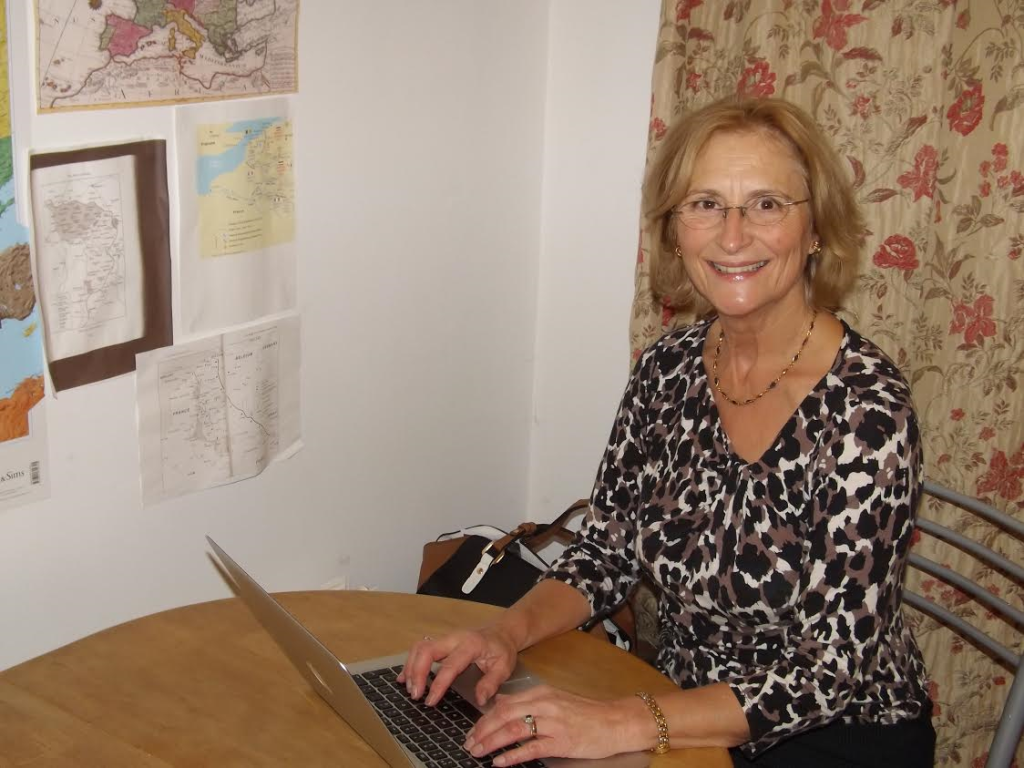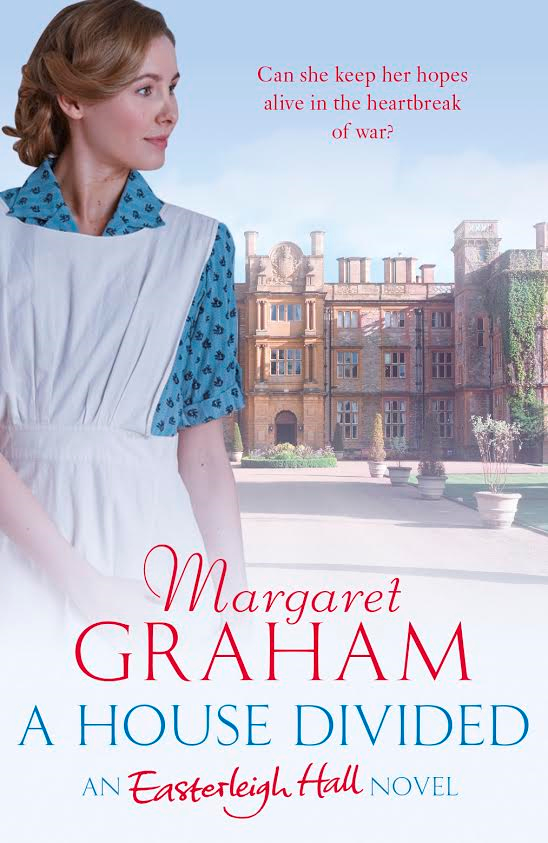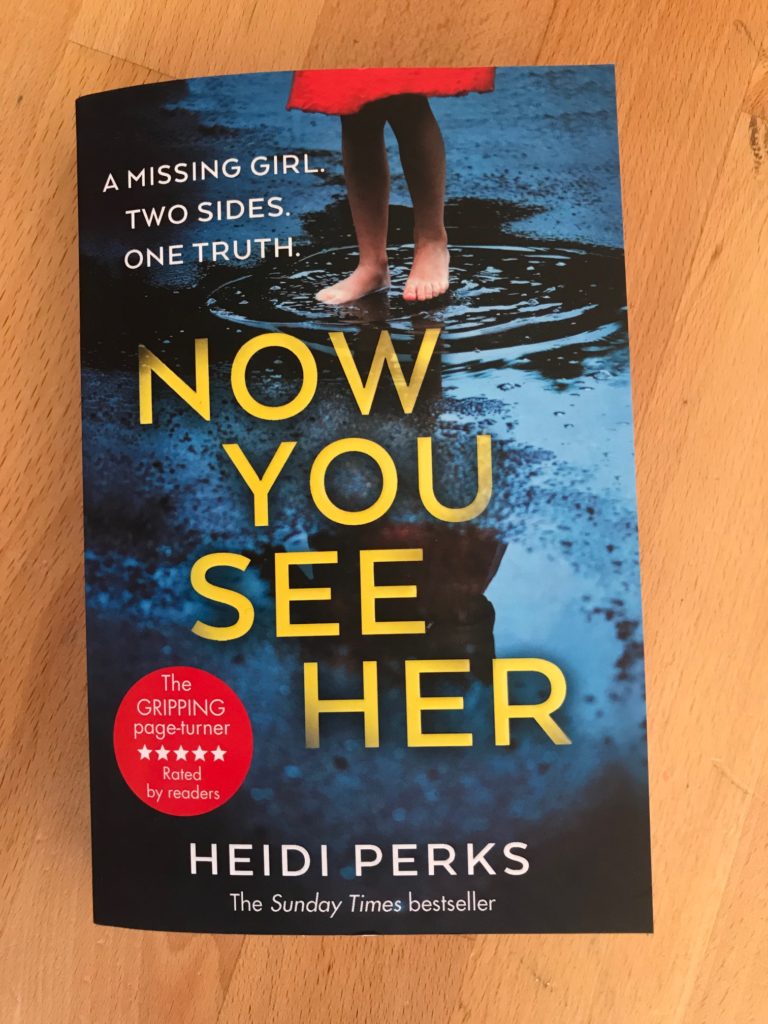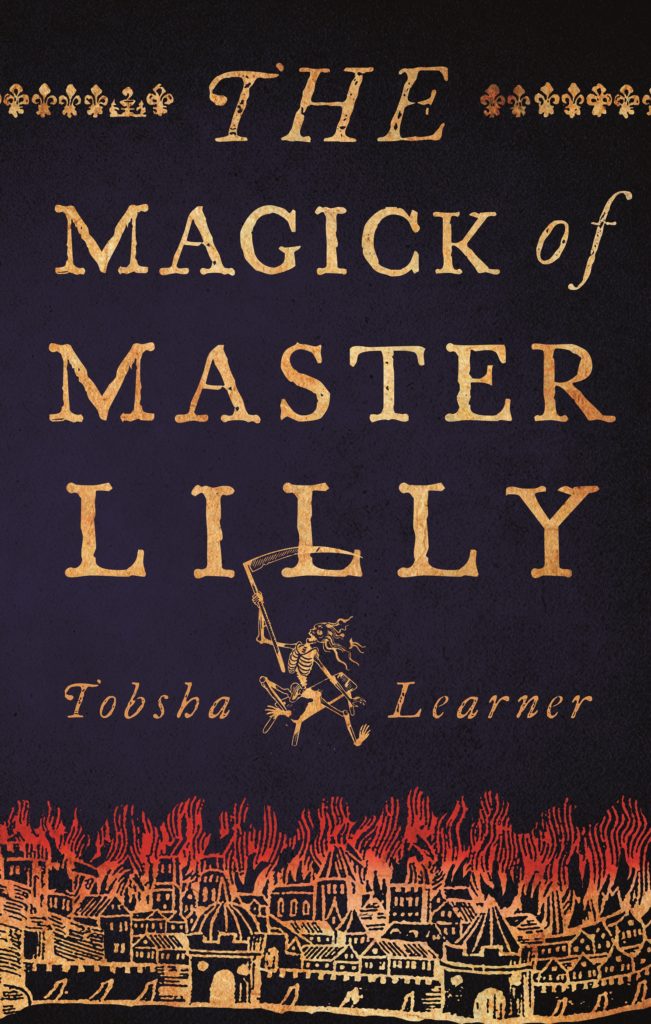
We have a new puppy, Polly. I’m up with the sun, because she is. So out she goes, into the garden led by me, because she is reluctant. The neighbors must think their worst nightmares have come true as this disheveled apparition stands in the dew come rain or come shine, hair askew, pleading with a four legged creature to ‘get on with it.’
In due course, I take both Polly, and the long suffering ‘older sister’ Rosie out for their walk. We head round the corner to the village pond where there are ducklings.

I say village and Downley really is one. A mere 25 minutes by train from London it has the heart of any Dorset village. There is a great community spirit, and we are fast building a reputation as a centre for the arts.
After ‘walkies’ it’s down to work – of some description. I could be sorting out next year’s LitFest for Words for the Wounded which is a charity I run with two other grannies to raise money for the wounded. The annual LitFest is our big event.

This year we had Elizabeth Buchan, Jemima Hunt, Tracy Baines and Frost’s Catherine Balavage as speakers. It was wildly successful, which is great. All the money goes to the wounded, as the grannies absorb all expenses.
My kids and grandkids are the catering team, and have a great time. Seems that not much wine survives – could there be a link?
Otherwise, as contributing editor for Frost, I could be reviewing books, or exhibitions or similar. Frost is a great springboard for aspiring writers. It gives them a cv and gets them noticed.

Otherwise, my main thrust is as an author. I write two books a year for Arrow, which is a bit of a stretch and requires a modicum of organisation. When I’m researching I spend a fair bit of time at Starbucks in High Wycombe, reading through material which could be useful, or having lunch at the Wellington on the Strand for no other reason than I love it there and can catch up with Inacky, Esther, Maria, Thomas, and Ruth, who make sure everyone has a great time. As a special treat, the grandkids can sometimes spare the time to come with me. So young, they are, but so busy. So that’s the extent of the ‘organization’.

All the time though, whatever I’m doing, I’m thinking of the novels, trying to sort out a plan, iron out structural blips, and getting to know the characters. Then, for two months, I get my head down and write the darned thing. I can’t bear being interrupted, because for that time I am living in a different world, being a different person, well, many different people, and I just want to get it all down before it escapes me.
To finish is a relief, but also a loss because the characters, their struggles, their triumphs have become yours. But then, for me, it is onto the next one, or the next WforW event, or onto yet another playtime, or something for Frost. Heigh ho, I’m very lucky.
www.margaret-graham.com
www.wordsforthewounded.co.uk
www.wordsforthewounded.blogspot.co.uk







